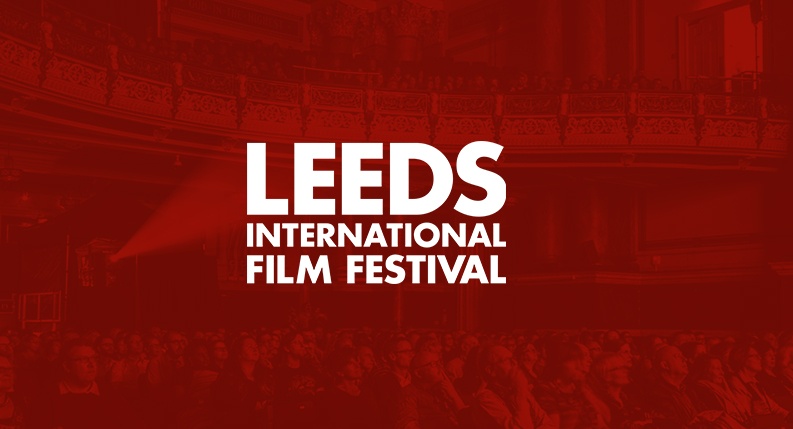This year the Leeds International Film Festival (LIFF) provided a shelter from the rainy weather in the north. As always, as well as blockbusters and big-money movies, LIFF shon through with its short film competitions. Short films after often hidden away and sheltered themselves at film festivals, a term used in the business is “unique shielding” meaning that they are usually only played to film professionals. This is because short films are not shown in regular cinemas in the main repertoire. Thus, not a lot of people are aware of this great way of storytelling and therefore, short films are not as popular. However, LIFF posits a completely different take on short films, opening them up to everyone!
LIFF is a public film festival, just like its elder brother British Film Institute London Film Festival, so anyone keen on films can buy a ticket and attend the screenings with jury, film crew and cast. Open doors doesn’t necessarily mean open viewers though, and the regular viewer tends to prefer the big movies with guaranteed satisfaction than stepping into the dark unknown depths of independent foreign film. Nonetheless, I was largely impressed and taken back by the amazing cinematic pieces I saw. The majority of the short films are put on in the Everyman Leeds venue which unequivocally enhances your experience. The Everyman, dissimilar to other cinemas, has luxurious sofas and small coffee tables instead of usual cinema seats and cup holders. Believe me, this really boosts your experience, you can literally sit back and enjoy; not having to worry about how stiff your legs are, or the man next to you chomping into your ear.
The first film I saw was the short film called “Olla” produced by french director Ariane Labed. It was an exceptional and gorgeous piece which deservedly won the Louis le Prince International Short Film Competition. In “Olla” the director tackled the prominent and poignant theme of women’s position in society in a subtle and grotesque manner. Labed, through her main character Olla, spoke about the feminine desire for self and sexual expression. One could see it as a new, more modern and absurd version of famous noir heroine femme fatale, as during 27 minutes of this film, the director questions whether the ‘woman’ in the urban world is a spectator or a spectacle. This is a story about the Eastern woman, who responded to a request on a dating website and so moves in with a Frenchman and his old mother. However, nothing goes according to plan. Not speaking french Olla just dives into this artificial family relationship where her unbridled sexual energy bursts out. The colour of this film is worth mentioning, as the production designer Alicia Zaton chose a pastel palette, which adds a very toyish touch to this film.
Another great short film was“Watermelon Juice” by Irene Moray. It is a Spanish short film about sexual violence against women. What is interesting here is that the director did not actually show anything directly related to the violent sexual act, rather she spoke about what happens to women after the experience and even after therapy. Moray states that even if one was raped in the past, a bright future with loving partner is still possible, no matter what. The director reminds people that love indeed conquers all, even terrible atrocities like rape. In this short movie one can find great cinematic language, with symbols of trust and odds, that people overcome with the help of their feelings for each other.
Overall, the LIFF was a remarkable experience for all its viewers. The short films were constantly thought-provoking and the screen tackled some of the most difficult and problematic topics of modern society whilst never losing sight of the beautiful, bigger picture and always adding a touch of humour.
Photo Credit: Leeds Film Festival

